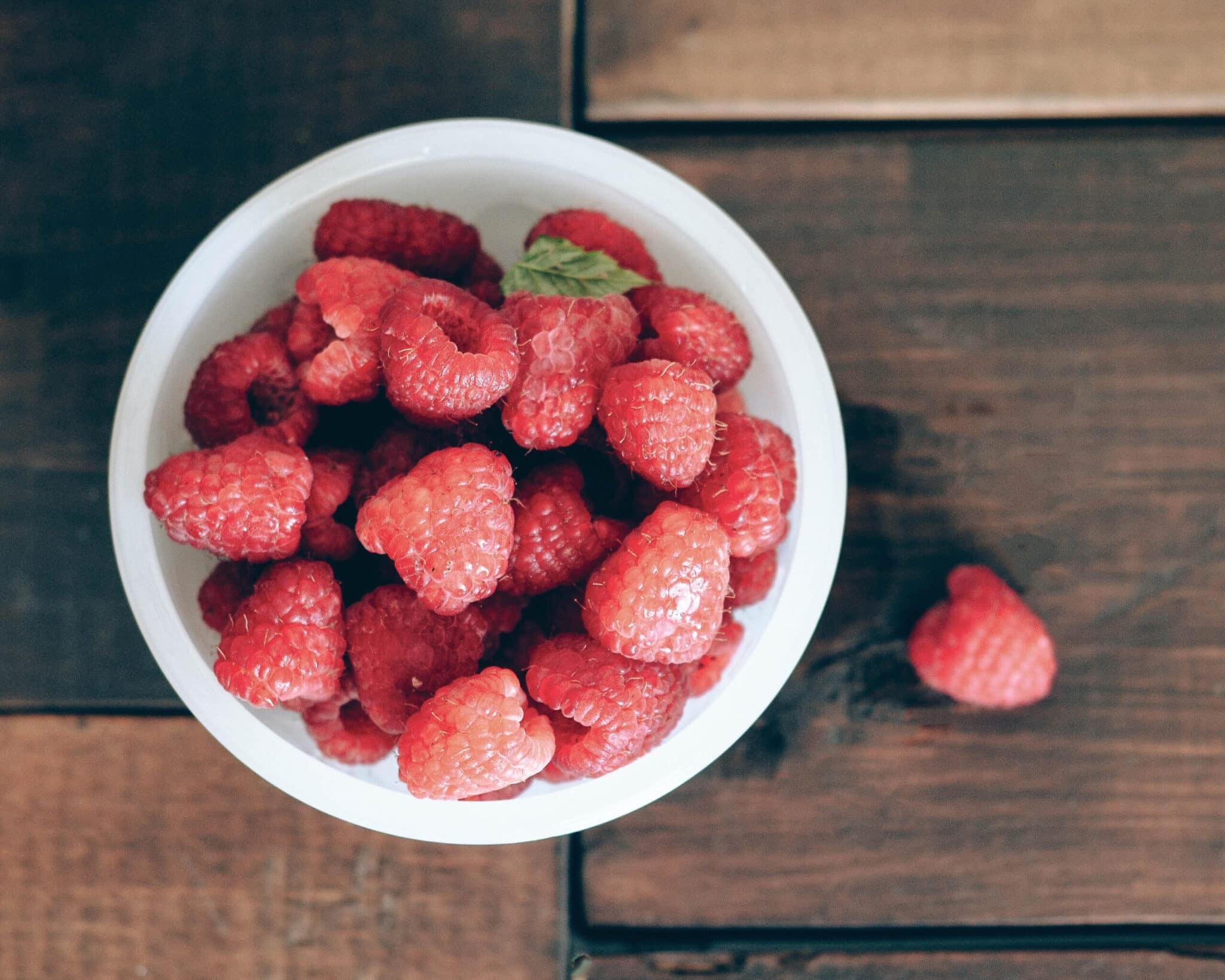Keeping Food Fresh For Longer
Food Safety Storage Tips
Should you pitch that carton of milk with the passed-by expiration date? Or what about slightly wilted produce in the refrigerator? They might be OK.
Here are some rules to remember when storing food:
Milk: Once opened, milk will last for four to seven days after the sell by date. If it smells off, toss it.
Butter: Because it’s mostly fat, butter will keep for one-to-two months in the refrigerator (6 months in the freezer).
Eggs: You can hang on to eggs for about a month past the date stamped on the carton. To test it out, place the egg in a bowl of water. If it lays on its side, its fresh. If it stands up, eat it as soon as possible. But if it floats to the top, it’s spoiled.

Produce Freshness
Here are some tips for keeping your produce fresh for longer:
- Do not wash your produce ahead of time. Store it dry.
- Before preparation, wash fruits and vegetables with brisk running water. To remove unwanted pesticide residue, soak your produce in a solution of one teaspoon of baking soda in 2 cups water, rinse and dry.
- Softest foods first. Lettuce, berries, tomatoes, cucumbers and avocados are tender by nature, so eat sooner than later.
- Wrap lettuce and greens in a paper towel and store in plastic bags. Limp lettuce and greens can be refreshed in an ice water bath before preparing (discard brown leaves).
- Store scallions (roots down) and fresh herbs (cut side down) like bouquets of flowers in an inch of room temperature water (check often). If you don’t use the herbs quickly enough, cut the ends and wrap them in paper towel.
- Asparagus will stay fresher longer with the ends cut, place in a tall glass with water to cover the ends and store in the refrigerator.
- Store cleaned and cut carrots, celery and radishes in a tub of cold water in the refrigerator to keep them crisp. Change out the water every day or two.
- Keep potatoes, onions and bananas (they emit gasses) away from other fruits and vegetables and store in a cool, dry area.
- Don’t forget to freeze fresh foods. Foods like whole tomatoes, berries, and other fruits freeze well. Lay them out on a sheet pan, freeze and place in bags. Frozen produce are ideal for a sauce or dessert.
Kimberly Lord Stewart is an award-winning food and health journalist and author of Eating Between the Lines, the supermarket shopper’s guide to food labeling.

